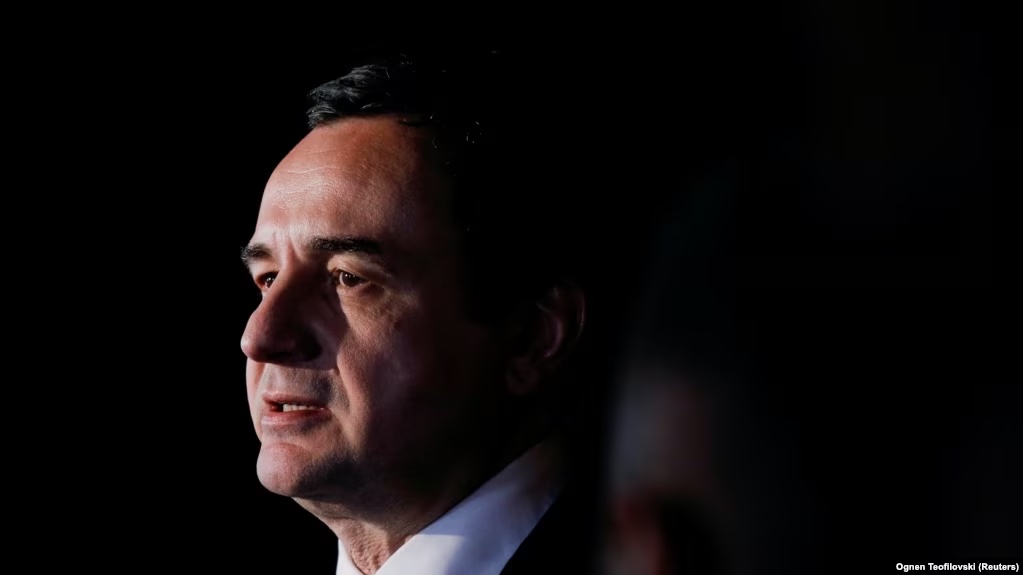Tuesday, July 30th 2013

Macedonian businesses hope that the energy deal signed on Tuesday in Moscow can solve the country’s long-term energy needs and provide cheaper power for businesses and households.
Meanwhile they also urge speeding up construction of a secondary gas network in the country to make these benefits possible.
“The business community expects that more companies will start using gas and that a secondary gas network will be built for households, which would lower the price [of energy],” Mirce Cekredzi, deputy head of the Macedonian Chamber of Commerce, SSKM, said.
Macedonia and Russia signed an agreement to cooperate on construction of the Macedonian leg of the South Stream Gas Pipeline in Moscow on Tuesday.
The pipeline will transport Russian natural gas produced by Gazprom through the Black Sea to Bulgaria and then to Italy and Austria, transiting several Balkan countries. The project, already in construction, is scheduled for completion in 2018.
Macedonia already uses Russian gas, but only 130 million cubic metres a year, and only accessible to several big companies.
With the new pipeline, estimates are that by 2030 the country will use 2.5 billion cubic meters of gas, the head of Gazprom in Macedonia, Sergey Ikonikov, said in Skopje this spring.
For that, the country needs to revive long-delayed gasification plans, which have been on hold for more than a decade.
On Wednesday, Macedonian Prime Minister Nikola Gruevski announced the signing of another deal by October with the Russian company StroyТrans Gas, that should kick start matters.
He said that this way Russia will more or less clear €42 million of its old Soviet-era debt to Macedonia.
“After signing the agreement, construction of the pipeline network for transmission of gas to other cities in Macedonia can commence,” Gruevski said.
However, some estimates say that Macedonia may need up to €250 million of additional money to complete the local network, and the government has not revealed where this money might come from.
The Russian pipeline South Stream is seen as rival to the Nabucco project, planned by the European Union and the United States as a means of reducing European energy dependence on Russia.
Initially, Macedonia was not part of South Stream. This changed after last year’s visit of Prime Minister Gruevski to Moscow where he lobbied Russian President Vladimir Putin for Macedonia’s inclusion directly./balkaninsight




